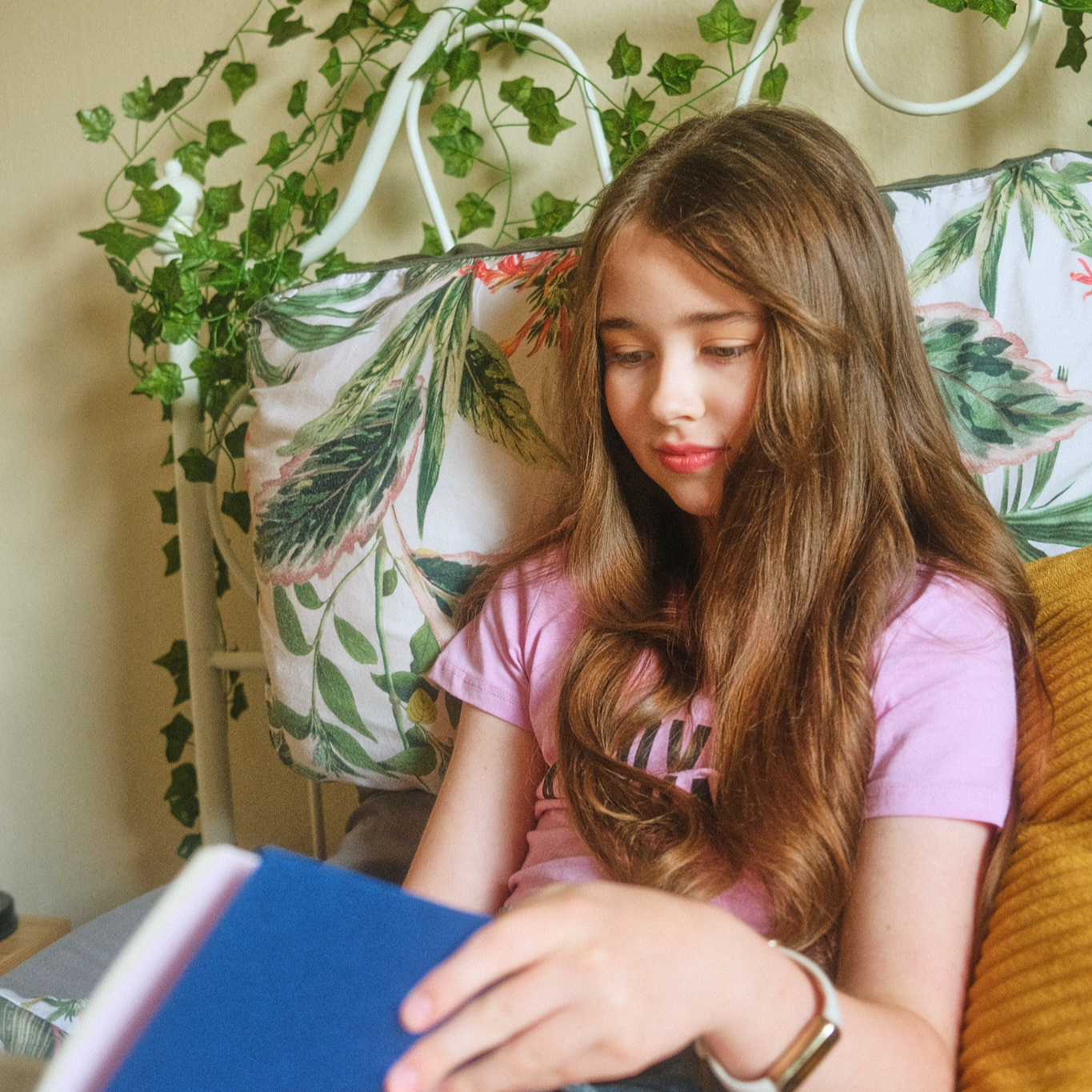SATs results: quick tips for parents
Do parents get SATs results?

Updated December 3, 2025 • Medically reviewed by Dr. Emma Dickie
Medically reviewed by Dr. Emma DickieIn this article
Quick summary
- SATs offer a snapshot of your child's academic progress and areas for support – they usually start to arrive by July
- You'll receive scores for reading, grammar, punctuation, spelling, and maths, alongside teacher assessments for writing and science
- Scores are scaled (80-120), where 100 or more indicates meeting the expected standard

As the SATs date approaches, many parents of Year 6 students find themselves with questions about the SATs test and the results.
Understanding what to expect and how to support your child when the results arrive can make this period less stressful for everyone involved, so here are some quick tips for parents navigating the SATs results in the UK.
Do parents get SATs results?
One common question parents have is, "Do parents actually receive SATs results?" The answer is yes – parents will receive their child's SATs results from the school, typically in July before the end of the summer term.
These results are shared in different ways depending on the school, but generally it’ll be in the form of a report and it’ll provide a snapshot of your child's academic progress and help identify areas where they might need additional support.
Understanding SATs results
When you receive the SATs results, here are some key points to keep in mind to help you understand them:
- Scaled scores: SATs results are reported as scaled scores, ranging from 80 to 120. A score of 100 or more indicates that your child has met the expected standard
- Subjects covered: the SATs test covers English reading and writing, English grammar, punctuation and spelling, science and maths. You’ll receive results for all except English writing and science
- Teacher assessments: alongside the test scores, you’ll receive teacher assessments for English writing and science, giving a broader view of your child's capabilities
Receiving the SATs results
When the SATs results are released, the school will provide you with a report detailing your child's performance. Here's what you can expect:
- Report format: the report will include scaled scores for each subject tested, along with teacher assessments
- Explanation: schools often include an explanation of the scores and what they mean, helping you understand your child's performance
- Timing: results are usually sent home with your child or provided during a meeting with the teacher
Supporting your child after receiving SATs results
Once you have the SATs results, you may want to make this a constructive process with your child.
Here’s some ideas to help you, if you need:
- Review the results together: sit down with your child and go through the results. Celebrate their successes and discuss any areas for improvement – if your child feels apprehensive, understanding what's worrying teens about going back to school can help address their concerns
- Focus on effort: emphasise the hard work they put into preparing for the tests rather than just the scores; encourage them by acknowledging their efforts – this guide for parents on exam stress can offer additional strategies to support your child emotionally
- Plan ahead: use the results to inform future learning and areas that may need extra attention as they transition to secondary school – you might also want to explore tips for gathering the right back-to-school supplies for your teen as they prepare for secondary school
Offering feedback on SATs
If your child does need feedback, it can be a pretty tricky conversation and it’s hard to know how to approach it. You absolutely know your child best and so may not need any advice on this at all, but if you aren’t sure then here are some suggestions:
- Stay positive: highlight their strengths and achievements in any areas you can. Positive reinforcement can boost their confidence and motivation for the future
- Set goals: then discuss any areas where they might need improvement and set achievable goals for the future. This can help them feel more in control of their learning journey
- Communicate with teachers: if you have any concerns about the results or how your child can be supported in their learning, perhaps arrange a meeting with your child's teacher to discuss this – for more insights, explore this resource on help for parents on exam results day
Hopefully this helps answer any questions you have about SATs!
How we created this article:
luna's team of experts comprises GPs, Dermatologists, Safeguarding Leads and Junior Doctors as well as Medical Students with specialised interests in paediatric care, mental health and gynaecology. All articles are created by experts, and reviewed by a member of luna's senior review team.
Sources:
Gov.UK "2023 Information for parents assessment results at the end of key stage 2"
https://www.gov.uk/government/publications/results-at-the-end-of-key-stage-2-information-for-parents/information-for-parents-national-curriculum-assessment-results-at-the-end-of-key-stage-2We'd love to keep in touch!
Sign up to our parent newsletter for emails on the latest teen trends, insights into our luna community and to keep up to date
By signing up, you are agreeing that we can use your email address to market to you. You can unsubscribe from marketing emails at any time by using the link in our emails. For more information, please review our privacy statement.